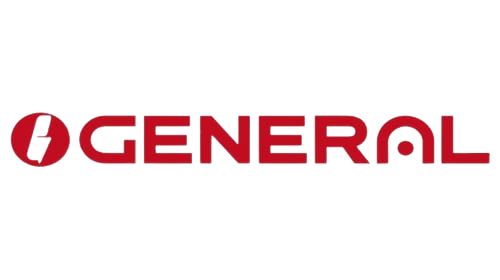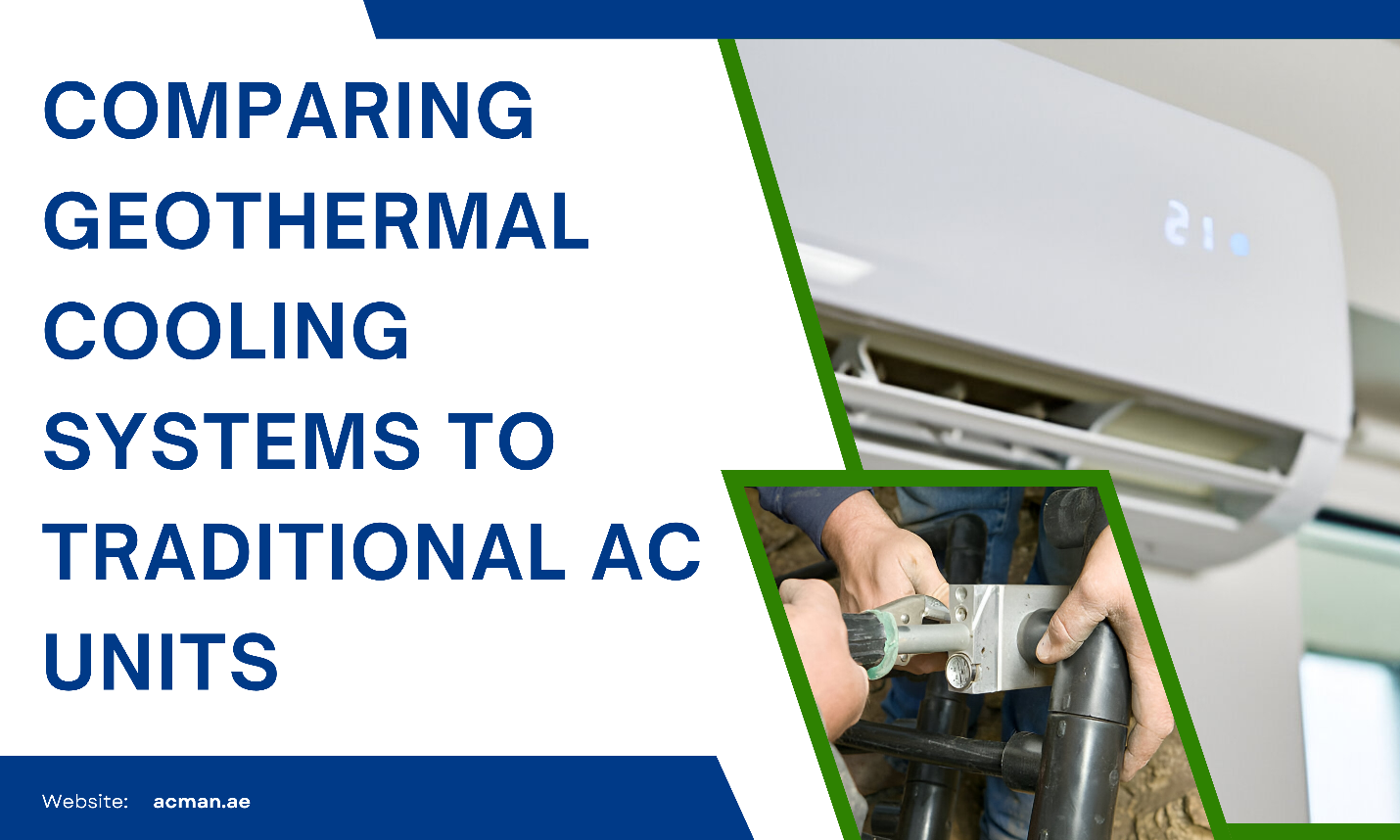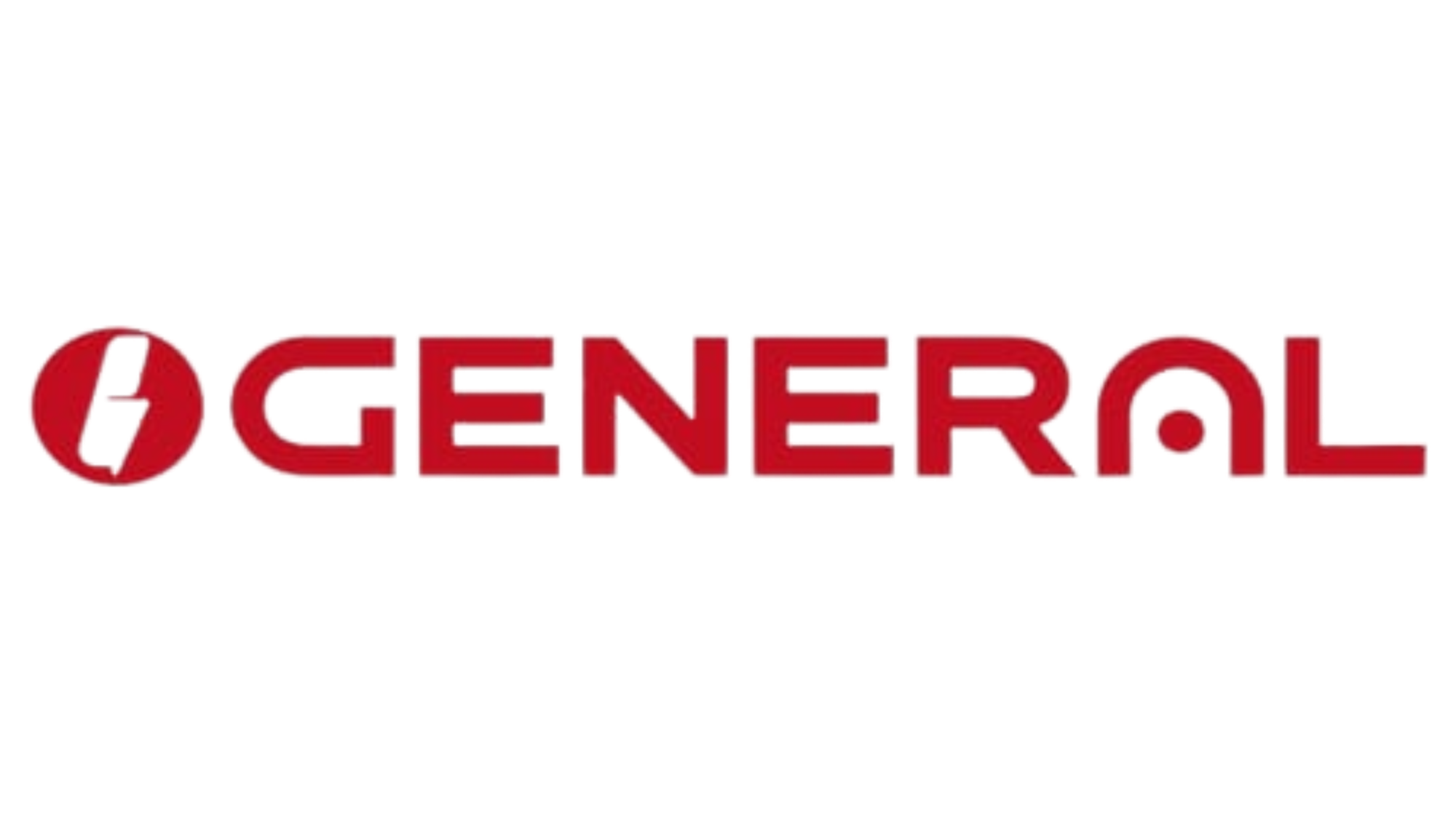As summer approaches, many homeowners search for efficient ways to keep their homes comfortable. While traditional air conditioning has long been the standard, an innovative solution is gaining traction: geothermal cooling. Let’s explore this technology and why it might be an ideal choice for your home.
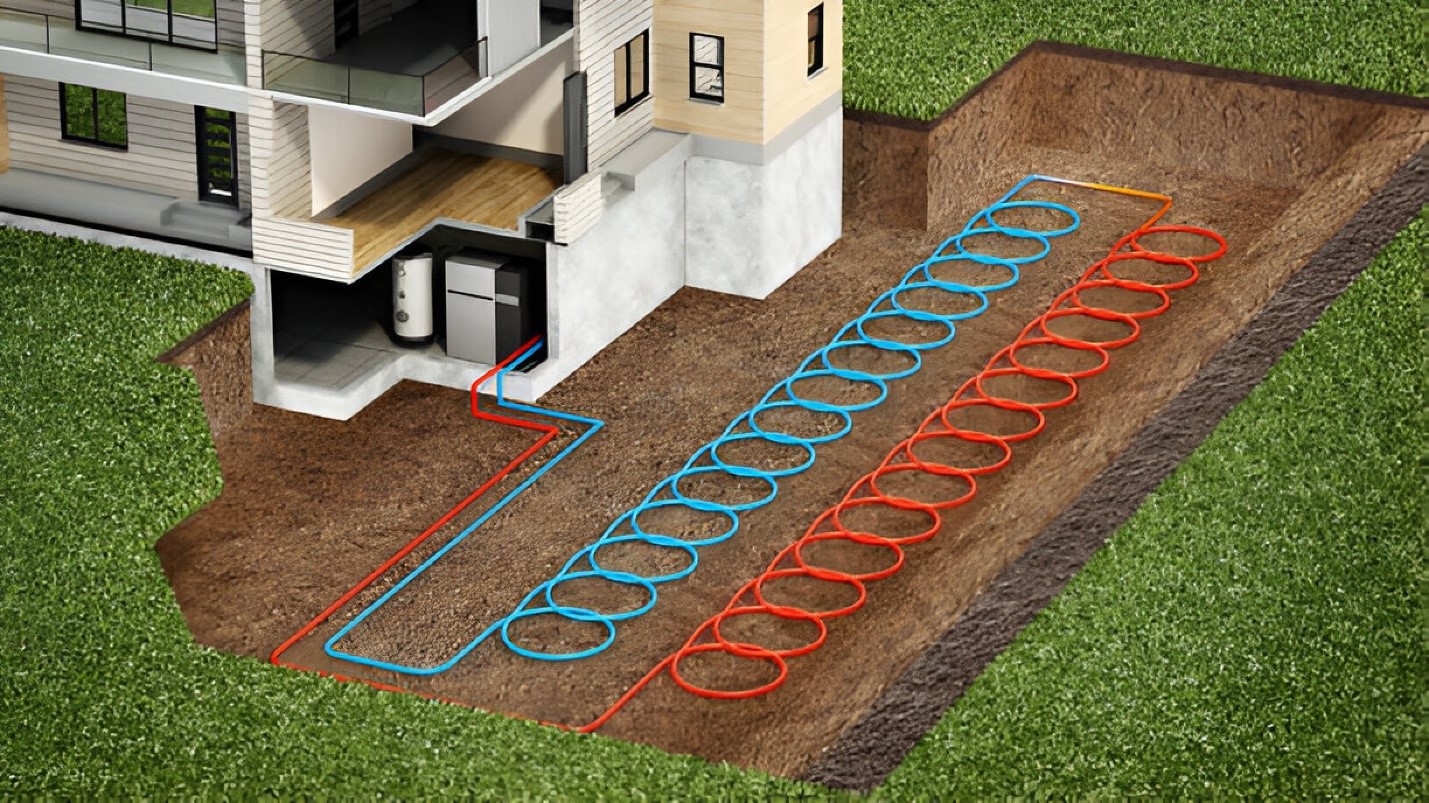
Understanding Geothermal Cooling
Geothermal cooling harnesses the earth’s stable underground temperature to regulate your home’s climate. Unlike conventional HVAC systems, geothermal systems offer cooling and heating capabilities, providing year-round comfort.
The heart of a geothermal system is its ground loop – a network of pipes buried below the frost line. At this depth, soil temperature remains relatively constant (45°F to 70°F) throughout the year, creating an efficient medium for heat exchange.
How It Works
- A fluid circulates through the underground pipes.
- In summer, the system draws warm air from your home.
- The heat pump transfers this warmth to the circulating fluid.
- As the fluid flows underground, it releases heat into the more incredible earth.
- The cooled fluid returns to the heat pump, helping cool your home’s air.
This procedure will continue until your target temperature is reached.
Geothermal vs. Traditional AC Units
- Efficiency: Geothermal systems typically use 25-50% less energy than traditional AC units, transferring heat to the consistently excellent ground rather than the fluctuating outside air.
- Cost: While installation costs are higher, geothermal systems offer significant long-term savings on energy bills. The initial investment often pays off within 5-10 years, and some areas offer tax incentives for installation.
- Lifespan: Geothermal heat pumps last about 25 years on average, with underground loops potentially lasting over 50 years – far outlasting traditional AC units.
- Comfort: These systems provide consistent, quiet cooling throughout your home without the noise of outdoor compressors.
- Environmental Impact: Geothermal systems don’t burn fossil fuels directly and use less electricity than conventional systems, resulting in a smaller carbon footprint.
- Versatility: A geothermal system can heat and cool your home simultaneously, eliminating the need for separate traditional heating and cooling units.
Is Geothermal Cooling Right for You?
Geothermal cooling offers an efficient, long-lasting, and eco-friendly alternative to traditional air conditioning. While the upfront expenses are higher, the long-term benefits of energy savings, comfort, and durability make it an appealing alternative for many homeowners.
Consider factors like your local climate, property size, and long-term plans when deciding if geothermal cooling is the right choice for your home. Consulting with a qualified HVAC professional can help you make an informed decision.
As we seek more sustainable and efficient ways to cool our homes, geothermal technology stands out as a promising solution that’s both kind to the environment and your wallet in the long run.
The Installation Process
Installing a geothermal system involves several steps:

- Site Assessment: A professional will evaluate your property to determine the best location and type of ground loop system.
- Loop Installation: The ground loop is installed. This can be done horizontally (requiring more land area but less drilling) or vertically (requiring less land but more drilling).
- Heat Pump Installation: The geothermal heat pump is installed inside your home, usually in the basement or utility room.
- Connection and Testing: The ground loop is connected to the heat pump, and the system is tested to ensure proper operation.
While installing a geothermal system is more involved than installing traditional AC units, the long-term benefits often outweigh the initial inconvenience.
Maintenance and Longevity
One of the critical advantages of geothermal systems is their low maintenance requirements.
Underground components are weatherproof and require little maintenance. The heat pump inside your home requires occasional maintenance but less frequently than traditional air conditioners such as split AC, window AC, and portable AC.
With proper care, a geothermal system can last decades. The heat pump typically lasts 20 to 25 years, whereas the ground loop can last 50 years or longer. When compared to the average 10-15 year lifespan of a conventional air conditioning unit, it is clear why geothermal is often regarded as a long-term investment.
Environmental and Health Benefits
Compared to traditional HVAC, geothermal cooling is cost-effective, environmentally friendly, and health-friendly. Unlike conventional HVAC systems that use fossil fuels, geothermal systems emit no harmful gases into your home or the atmosphere. Additionally, by reducing reliance on fossil fuels, geothermal systems contribute to lower overall carbon emissions. Some estimates suggest that air conditioners in the United States emit more than 100 million tons of CO2 into the atmosphere each year. Switching to geothermal can significantly reduce your carbon footprint.
Factors to Consider Before Installing Geothermal Cooling
While geothermal cooling has many advantages, there are better options for some. Here are some things to consider:
- Property Size: You will need enough space to install the ground loop system. However, vertical systems can be used when horizontal space is limited.
- Soil Conditions: The soil type on your property can affect the system’s efficiency and ease of installation.
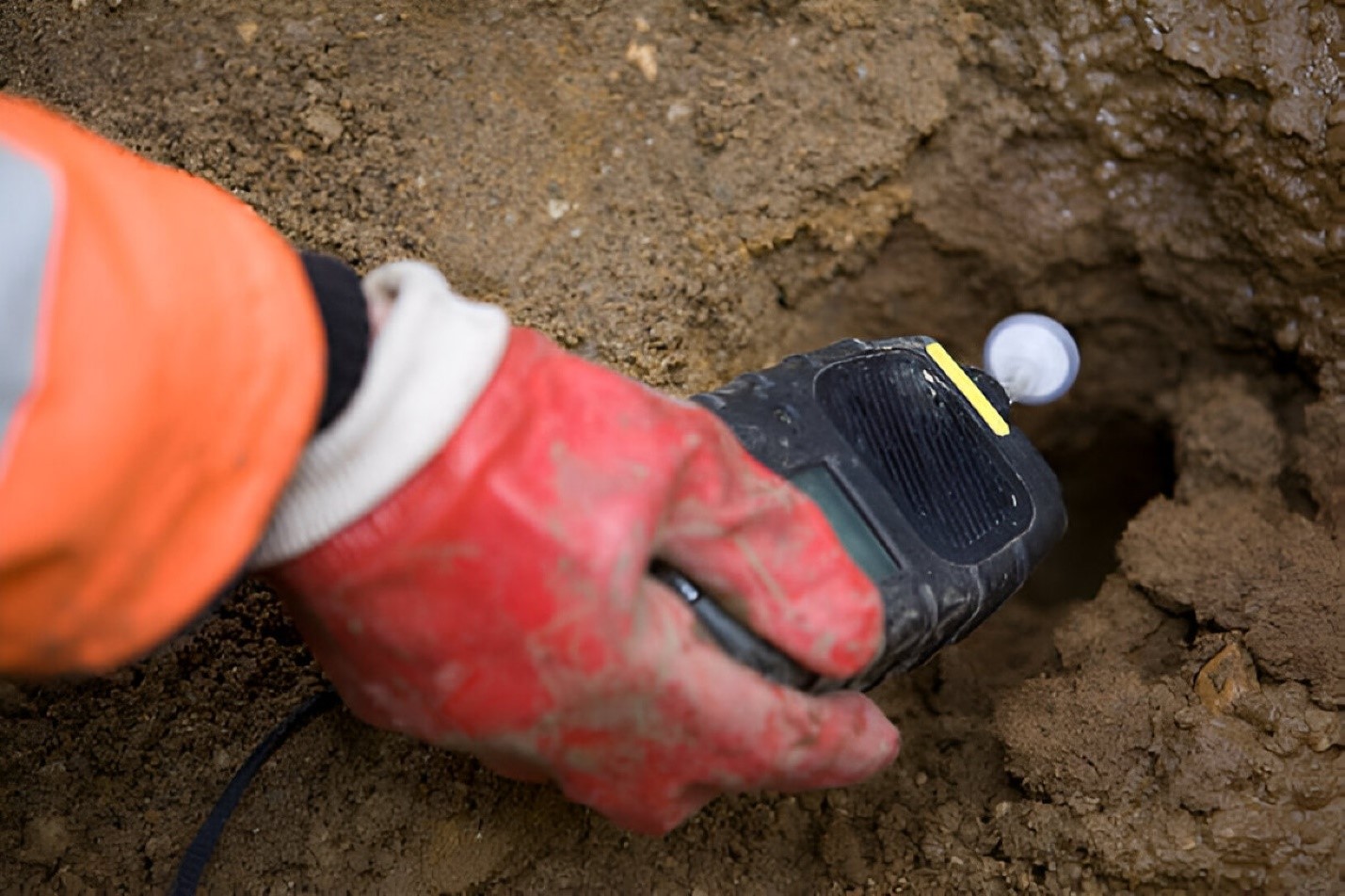
- Climate: While geothermal systems are effective in all climates, they may be particularly beneficial in areas with extreme temperatures.
- Current HVAC System: If your current system is nearing the end of its life, now is an excellent time to consider geothermal.
- Long-term Plans: Geothermal systems have a higher initial cost but lower ongoing costs, so they are ideal for homeowners who intend to stay in their homes for several years.
- Budget: While the long-term savings are significant, you must be able to afford the greater initial cost of establishing a geothermal system.
The Future of Home Cooling
As we become more conscious of our energy use and environmental impact, geothermal cooling represents an exciting step forward in home comfort technology. It’s a prime example of how we can sustainably use the earth’s natural resources to improve our daily lives.
Moreover, as more homeowners adopt geothermal systems, we may see advancements in the technology and reductions in installation costs. Some experts predict geothermal heat pumps could become as common as traditional HVAC systems in the coming decades.
Conclusion
Geothermal cooling is a smarter, more efficient, and ecologically friendlier alternative to traditional air conditioning. While it demands a bigger initial investment, the long-term benefits of energy savings, comfort, and less environmental impact make it a worthwhile alternative for many homeowners.
As summer approaches, instead of firing up your old Split Ac, Window Ac, or Portable Ac and seeing your energy bills skyrocket, why not investigate the potential of geothermal cooling? It could be the excellent solution you’ve been waiting for for years, not just this summer.
Remember that each home and situation is unique. If you’re considering geothermal cooling, speak with a knowledgeable specialist who can examine your requirements and help you decide if it’s the best option. They can provide thorough information on installing a geothermal system and how it compares to regular HVAC in your particular circumstance. Stay cool!




